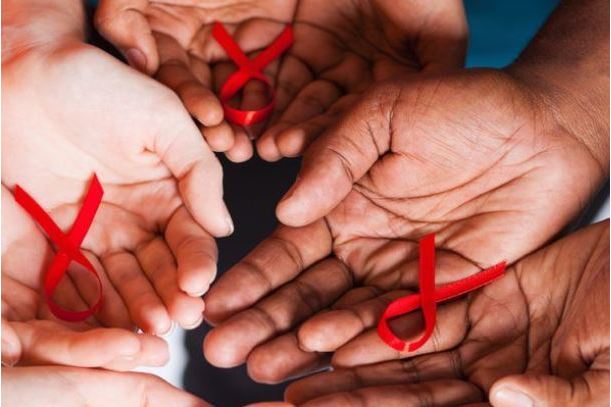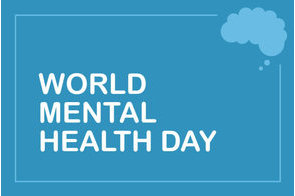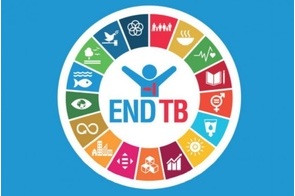New documentary highlights challenges of people living with HIV

Summary
According to the Joint United Nations Programme on HIV/AIDS, nearly 37 million people are currently HIV-positive.
The worldwide premiere of the documentary film, Treatment For All: Our Lives, Our Stories, happened on Thursday, at the ongoing 21st International AIDS Conference, taking place in Durban, South Africa, from July 18-22, 2016. The film was made through the collaboration of the U.S. President's Emergency Plan for AIDS Relief (PEPFAR), the UN Secretary-General's Special Envoy for Health in Agenda 2030 and for Malaria, and Ventures Africa.
The film captures the lives of numerous people in Malawi who share their experiences and stories as they explore the impact of HIV on their lives in relation to treatment, relationships, stigma and work. Treatment for All: Our Lives, Our Stories is the second film to support the #TreatmentforAll campaign, a global movement launched on the eve of World AIDS Day 2015 to bring an end to the AIDS epidemic by scaling-up access to treatment for all people diagnosed with HIV.
According to the Joint United Nations Programme on HIV/AIDS (UNAIDS), nearly 37 million people are currently HIV-positive, and of those only 17 million are currently on treatment. #TreatmentForAll was launched in response to the World Health Organization's (WHO) landmark HIV treatment guidelines, which for the first time called for everyone infected with HIV to be treated immediately.
Recent momentum has set the path toward achieving #TreatmentforAll. A total of 22 countries have already adopted the 2015 WHO guidelines, and many more countries have announced their intention to adopt these guidelines by the end of 2016. The United States' $70 billion commitment to fighting the HIV/AIDS epidemic is the largest by any nation.
#TreatmentforAll calls on countries to prioritize the adoption of key policies and provide high-quality implementation to support the collective vision of treatment for all people living with HIV. The movement's shared goal is to ensure treatment for 28 million people by 2020.
"Achieving treatment for all would be a game changer in ending the epidemic by 2030," said Ambassador Deborah L. Birx, U.S. Global AIDS Coordinator and Special Representative for Global Health Diplomacy. "PEPFAR is supporting partner countries in rapidly adopting and implementing the 2015 WHO guidelines for "Test and START" and more efficient service delivery models. Together, we can save and improve millions of lives."
The premier of the film was followed by a dialogue between Ambassador Birx, and and Uzodinma Iweala, Founder and CEO of Ventures Africa on treatment expansion as a key tool in the global HIV/AIDS response. The discussion was also live-streamed on Facebook.
"We have been at war with HIV/AIDS for over three decades now, amounting to millions of unnecessary deaths and affecting millions more. It is morally reprehensible to delay the delivery of treatment to all people suffering from the virus, particularly as we have the funding to provide all with treatment" said Ray Chambers, the UN Secretary-General's Special Envoy for Health in Agenda 2030 and for Malaria. "It is our collective responsibility to heed this call and provide treatment for all now."
According to a statement released by PEPFAR, treating all is key to ending the epidemic, and can be done with a more efficient use of existing resources and critical policy changes in high HIV burden countries.
"The way we speak about the epidemic is crucial in framing how the public at large, patients, health care providers and policy makers unite to find solutions to a problem that has been with us for so long," said Uzo Iweala. "We have come so far in the last ten years and it is clear that improving access to treatment is key in changing the local and global narratives around HIV and AIDS. Treatment for All: Our Lives, Our Stories is a short film that in looking at how narratives change when treatment becomes available also seeks to change the way that we view HIV/AIDS in the twenty-first century."
Related
-
Why Nigeria took so long to get non-polio endemic status
Nigeria’s move off the list of polio endemic countries leads us to three questions: Firstly, why did it take Nigeria ...
-
World Mental Health Day 2019 focuses on suicide prevention
An estimated 20-30 per cent of Nigeria’s population is believed to suffer from mental disorders.
-
Mobilising efforts to end tuberculosis
Access Bank launched a campaign in May on TB prevention, control and treatment in two communities in Anambra State.







